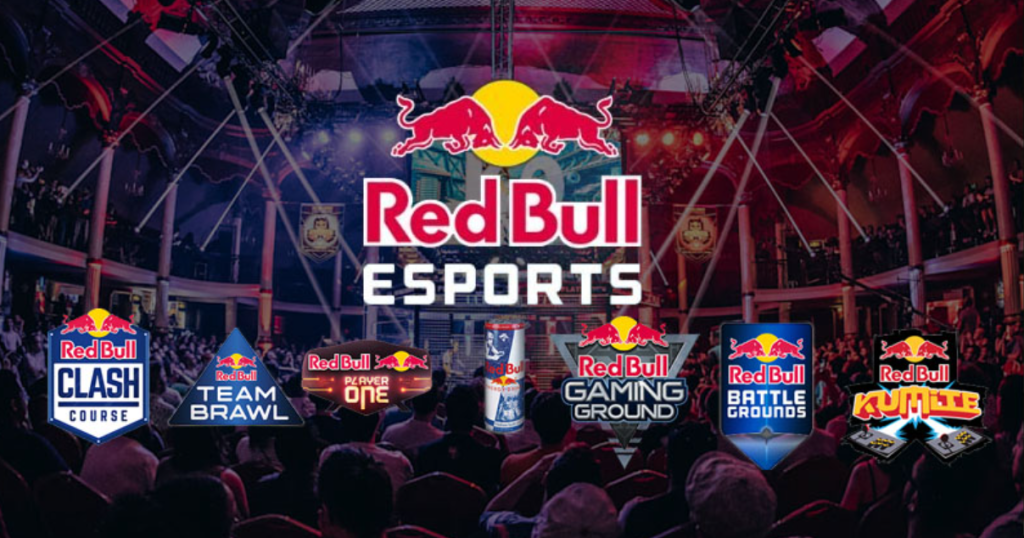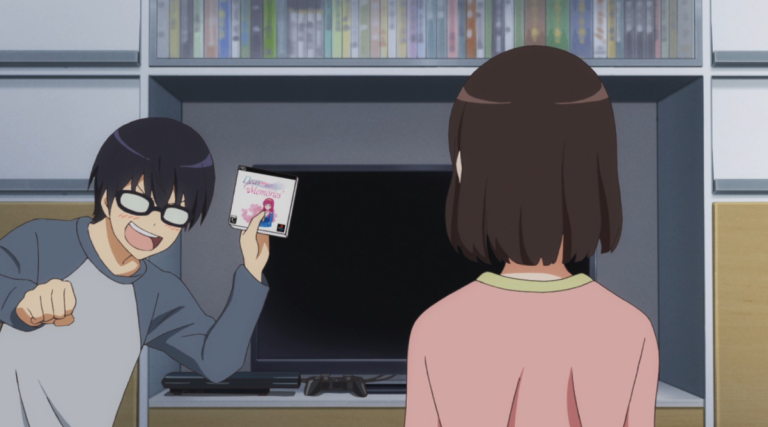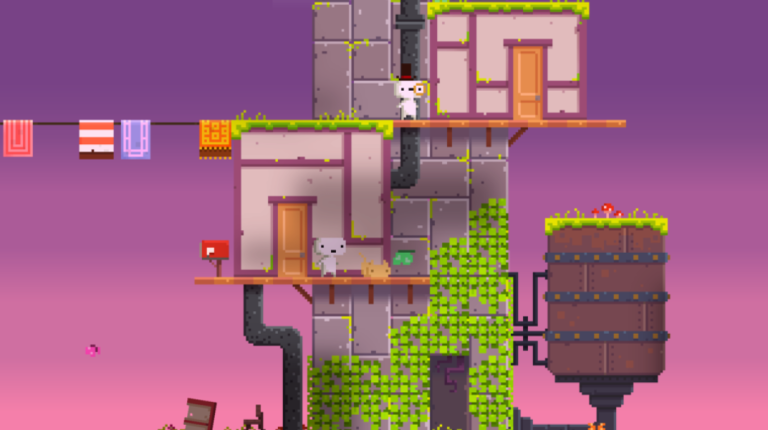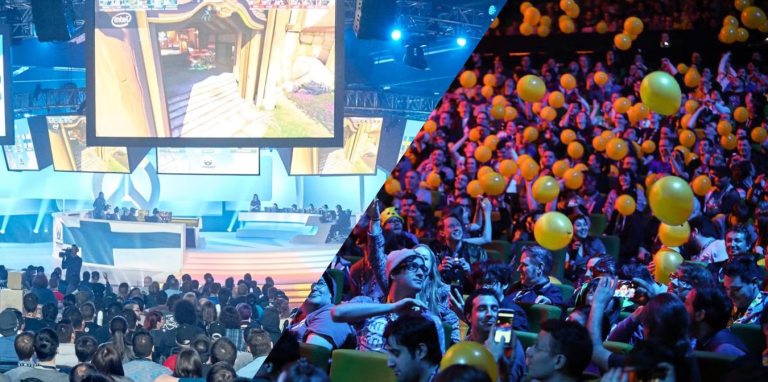
Spend enough time in the esports scene and you’ll hear a saying: “Skills get you in the game, but business takes you to the top.”
That’s how Matt, a Canadian pro League of Legends player, opened up during an interview.
Matt wasn’t a global superstar—at least not in the beginning. He was just another passionate player grinding out hours in solo queue and regional tournaments. But the real game-changer in his career wasn’t a flashy pentakill or a tournament trophy. It was his very first brand deal.
Back in 2019, Matt was preparing for a local qualifier. One afternoon, a woman with a camera walked into their team bootcamp. She introduced herself as a marketing manager for a sports drink company, scouting for an esports ambassador. She wasn’t just looking for wins—she was looking for personality, consistency, and influence. Matt, with his growing YouTube presence and laid-back charisma, was the perfect fit.
That’s when it hit him: this wasn’t just about gaming anymore. It was a gateway to a business.
Contrary to what many believe, sponsorships don’t magically appear the moment you win a championship. In fact, many brands don’t even prioritize trophies. They’re scouting for players who have reach, relatability, and relevance.
Take Emily, for example—a Dutch Overwatch player. Her tournament track record? Decent, but not groundbreaking. But on Twitch and Instagram? She shined. Her livestreams were energetic, funny, and full of engaging banter. Before long, fashion and beauty brands were lining up, despite her playing an FPS.
When asked if makeup sponsors made sense for a gamer, she laughed:
“We’re on camera too, you know. Gamers care about how they look just as much as anyone else.”
Today, esports is no longer just a technical arena—it’s a media landscape. Players are streamers, influencers, content creators. Brands want to collaborate with those who can tell a story, not just play a match.
And social media is where the real magic happens.
Jake, an American FPS pro, knew this early on. He built his brand not just by winning, but by posting daily vlogs—training clips, behind-the-scenes team jokes, or sometimes just his dog chewing on his headset. His online persona was so likable that HyperZone, a gaming hardware brand, signed him not just as a product endorser, but as a creative partner in ads. He didn’t just wear the logo—he helped design the campaign.
Of course, sponsorships aren’t always sunshine and free swag. Newer players often find themselves locked into bad contracts, last-minute cancellations, or being treated like brand mascots with zero say. That’s why having a good agent matters.
Jake credits his manager, Lena, with helping him negotiate content control in his first major deal—meaning he had the final say on how the brand was represented on his platforms. That freedom helped him stay authentic and kept fans engaged without feeling “sold to.”
Sometimes, it’s not even about the individual—team presence plays a huge role too. Big-name sponsors love teams with a polished image and cohesive voice. Take IronHawk, a German esports team that secured deals with a sports drink company, a GPU brand, and even a health insurance provider. They weren’t just slapping logos on jerseys—they were hosting fitness challenges, partnering on YouTube series, and launching merch drops that fans actually wore.
Then there’s the creative collab side of things. Ren, a player from Japan, was part of a campaign with a streetwear brand. They didn’t just make hoodies—they stitched player IDs into the sleeves and dropped limited editions tied to specific matches. The result? Instant sellout, cult status, and fans begging for a restock.

It all comes back to one simple truth:
Sponsorship today isn’t just about visibility—it’s about emotional connection.
A brand wants to be part of your story, and your job as a player is to make that story irresistible.
Matt, now with over 600K followers and a diverse sponsor lineup—from eco-friendly startups to tech companies—summed it up best:
“Back then, we practiced for the win. Now, we practice and perform—and we learn to tell the story behind every win and loss.”
Esports used to be “three minutes on stage, ten years off it.”
Now? It’s also about what you do when the stage lights go off.
![]()


